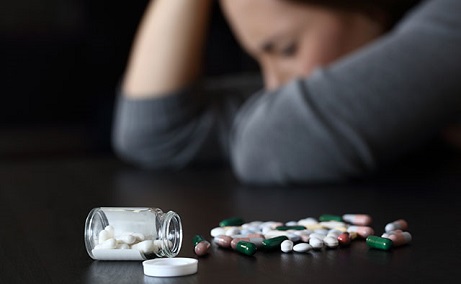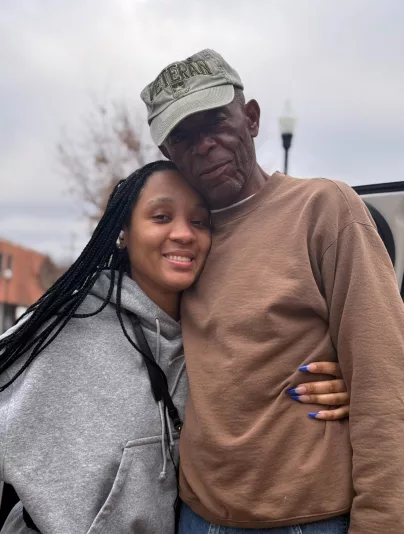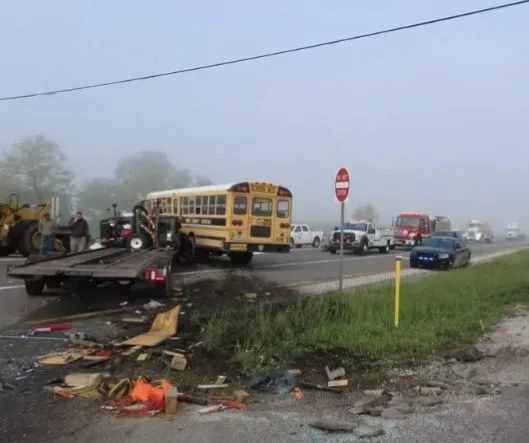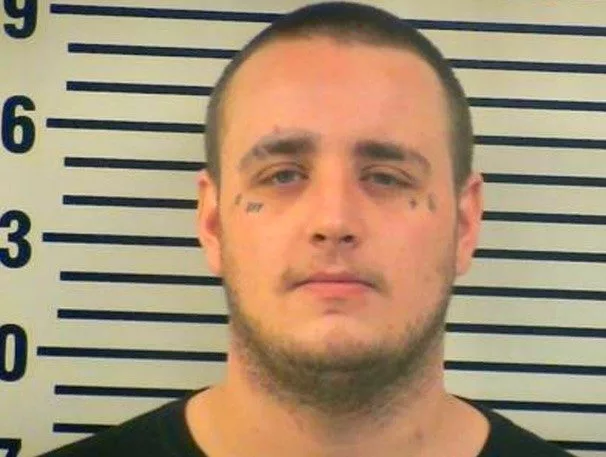
Attorney General Daniel Cameron on Wednesday announced an historic $26 billion agreement with Cardinal, McKesson, and AmerisourceBergen – the nation’s three major pharmaceutical distributors – and Johnson & Johnson, which manufactured and marketed opioids, for the companies’ roles in creating and fueling the opioid epidemic.
The agreement would resolve the claims of both states and local governments across the country, including the nearly 4,000 that have filed lawsuits in federal and state courts. The agreement also requires significant industry changes that will help prevent a crisis, like the opioid epidemic, from ever happening again.
“Today’s announcement marks the end of a long and hard-fought negotiation to ensure that opioid distributors are held accountable for their role in the opioid crisis and that the Commonwealth receives needed funds for opioid abatement programs,” Cameron said. “The commonwealth stands to receive an historic settlement in excess of $460 million, which will provide the state and local governments with substantial funds to support Kentuckians struggling with addiction.”
Following the agreement, states have 30 days to sign onto the deal. The attorney general’s office is currently reviewing the proposed agreement. If approved, Kentucky stands to receive more than $460 million over a period of 18-years because all local governments are on board.
Kentucky’s share will be distributed pursuant to the terms of House Bill 427, which was sponsored by state Rep. Danny Bentley and passed by the General Assembly earlier this year.
“This is a significant day in the fight against the scourge of opioids here in our commonwealth,” said Senate President Robert Stivers. “The more than $460 million will be crucial as we continue to fight this epidemic at both the state and local levels. I appreciate the efforts of the attorney general and his staff as well at the Kentucky Association of Counties and the Kentucky League of Cities in reaching this important agreement.”
Funding Overview:
- The three distributors collectively will pay up to $21 billion over 18 years.
- Johnson & Johnson will pay up to $5 billion over nine years with up to $3.7 billion paid during the first three years.
- The total funding distributed will be determined by the overall degree of participation by both litigating and non-litigating state and local governments.
- The majority of the money is to be spent on opioid treatment and prevention.
- Each states’ share of the funding has been determined by agreement among the states using a formula that takes into account the impact of the crisis on the state – the number of overdose deaths, the number of residents with substance use disorder, and the number of opioids prescribed – and the population of the state.
Injunctive Relief Overview:
The 10-year agreement will result in court orders requiring Cardinal, McKesson, and AmerisourceBergen to:
- Establish a centralized independent clearinghouse to provide all three distributors and state regulators with aggregated data and analytics about where drugs are going and how often, eliminating blind spots in the current systems used by distributors.
- Use data-driven systems to detect suspicious opioid orders from customer pharmacies.
- Terminate customer pharmacies’ ability to receive shipments, and report those companies to state regulators, when they show certain signs of diversion.
- Prohibit shipping of and report suspicious opioid orders.
- Prohibit sales staff from influencing decisions related to identifying suspicious opioid orders.
- Require senior corporate officials to engage in regular oversight of anti-diversion efforts.
The 10-year agreement will result in court orders requiring Johnson & Johnson to:
- Stop selling opioids.
- Not fund or provide grants to third parties for promoting opioids.
- Not lobby on activities related to opioids.
- Share clinical trial data under the Yale University Open Data Access Project.
This settlement comes as a result of investigations by state attorneys general into whether the three distributors fulfilled their legal duty to refuse to ship opioids to pharmacies that submitted suspicious drug orders and whether Johnson & Johnson misled patients and doctors about the addictive nature of opioid drugs.
Tragically, just last year, U.S. opioid overdose deaths rose to a record 93,000, a nearly 30 percent increase over the prior year. Provisional data from the Centers for Disease Control shows that Kentucky’s drug overdose deaths increased by more than 50 percent in 2020.
By Ken Howlett, News Director
Contact Ken at ken@k105.com








